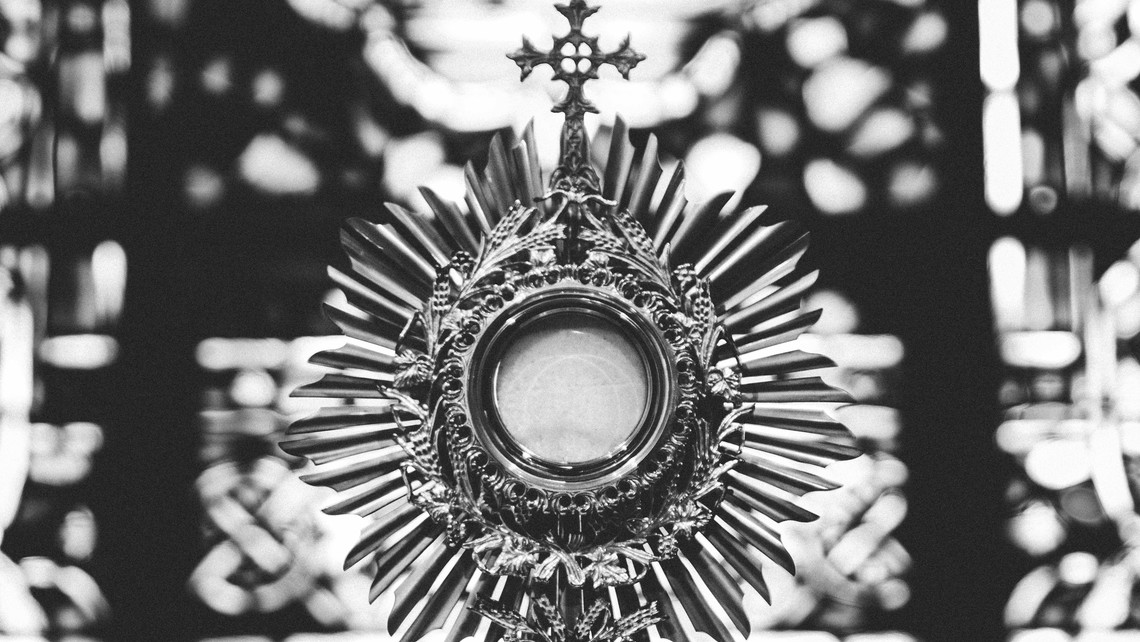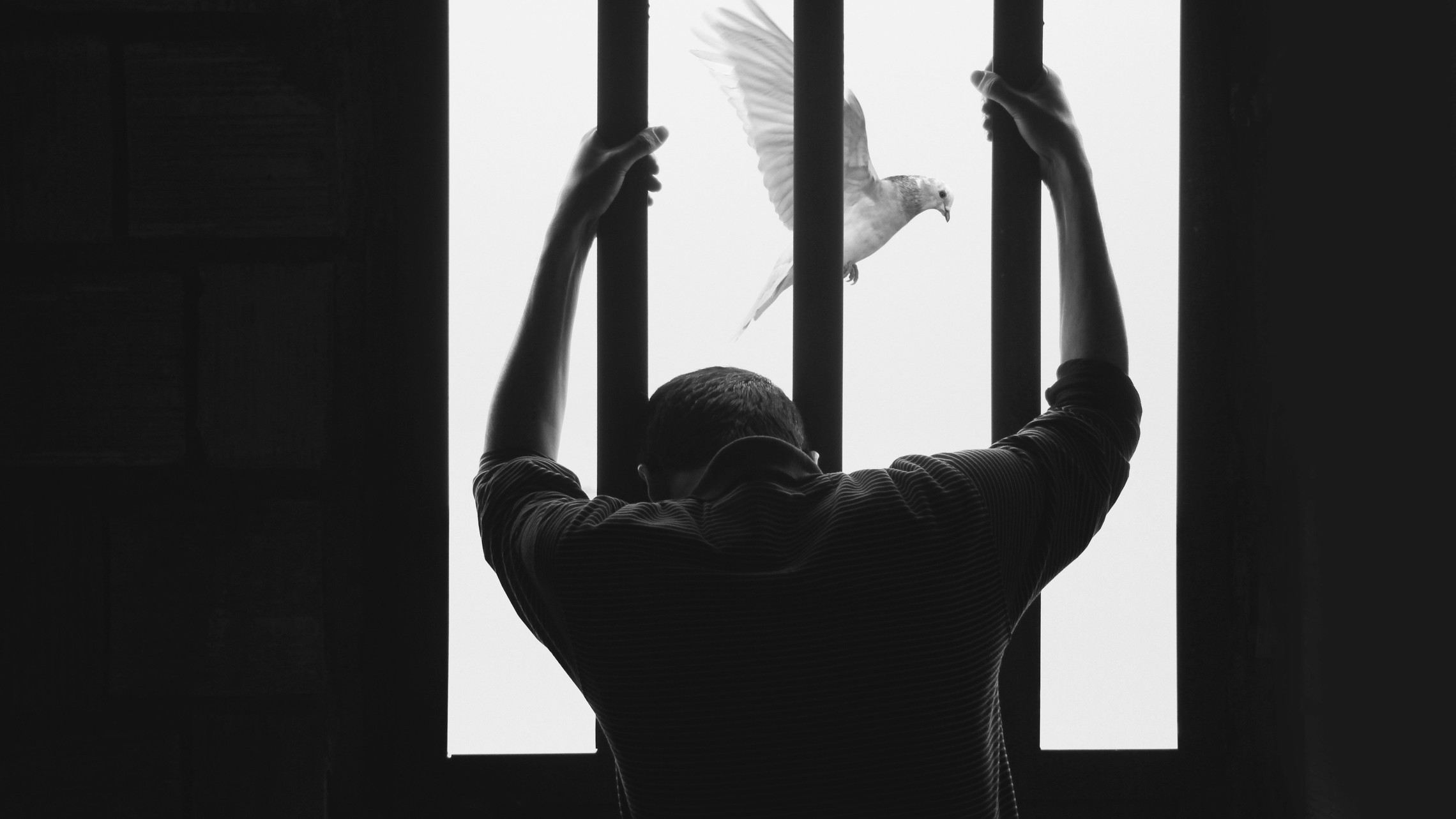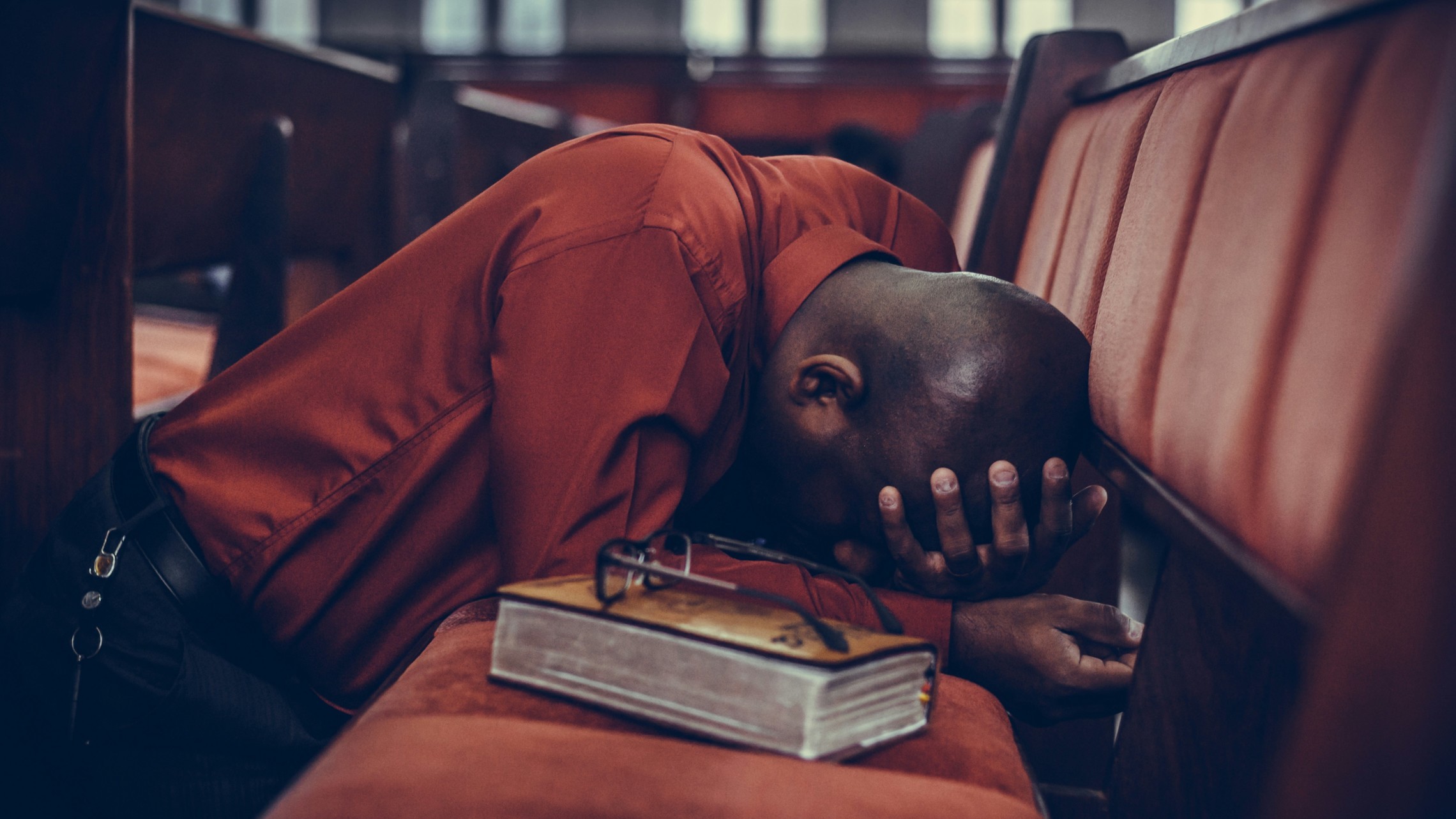
The idea that someone would propose to walk away from a relationship with Christ may not sound unreasonable if the premise behind the proposition is an honest one. Hypothetically speaking, the credence to this proposition rests if the reason to walk way is genuine. The problem with this hypothetical proposition is what constitutes a genuine reason to leave or worst outright reject Jesus Christ and everything He represents. If we place this scenario within the context of family, even the best of religious intentions may not be enough to prevent a family members decision to walk away from the Catholic faith. Reasons abound why anyone would propose to believe in someone or something other than Jesus Christ Himself. I suppose any parent involved in this situation would immediately begin to retrace their steps and asks themselves the dreaded question; what went wrong or worse; how could this have happened? The act of doubt and despair are two sins waiting in the wings in a situation such as this because the entire sequence of events pierces at the heart of the household. What I am about to propose is not meant to be inconsiderate of families who currently struggle in such a situation including my own extended family. The premise I intend to lay out is to provide a basic schema to provide a sense of hope for every family who continues to fight the good fight of faith and pray for the return of their children and family members to the Catholic faith.
Addressing Questions and the Proposition of Faith
Soon to be Saint John Henry Newman in his great work An Essay in Aid of a Grammar of Assent discussed the importance of revealed religion. This point is extremely important because its sets the stage to address the question of why anyone would leave the Catholic faith. Revealed religion is a two-fold proposition offering a child the opportunity to explore everything around him both within the home and outside of the home within the context his relationship with God. Revealed religion is based on an understanding of faith and whether its viewed as a proposition, indifferent, or true.
Children are inquisitive and thrive in engaging propositions – they ask questions and seek to find answers. From the very beginning religious dialogue with a child should involve a perpetual sense of awe, wonder and explanation of the mystery of God beginning with a child’s own baptism and what that signifies. This opens the door for the child to recognize his own identity as a son or daughter of God and to exercise religious practices such as the sign of the cross, blessings before meals, active participation in specific family prayer, reception of the other sacraments and active participation at Mass on Sunday. The aim is to connect a child’s inquiry to the truth about God, Christ and the Holy Spirit with the visible reality of Christ and His Church, simply telling a child to believe because they are supposed to is not prudent, charitable or respectful of God’s child.
The Revelation of Religion
The Greek term Padeia refers to a child, but it also means the instruction of a child within the context of culture. Revealed religion within the context of Padeia refers to a parent’s willingness to take up the position that Catholicism is true, real and a gift from Christ. Indifference should be the last thing a child sees with respect to the Catholic faith. This premise opens the door toward a free and infiltered assent to the truth of Christ and His Church. Hence, from the very beginning a child should be exposed to an active engagement of faith within the family that provides a specific religious foundation.
An important action all parents including myself should be aware of is the active acknowledgement of Christ by way of our active faith revealed through our sign of the cross, how we communicate within the family i.e. Catholic speak, our devotion at Mass and so forth. The premise of all this is not an inquiry about God, He is already present and active by who we are as His children. We are not inquiring whether a Divine Reality exists, the aim of genuine inquiry with respect to God is to discuss that it already exists and has existed for all eternity and that our place is seek a deeper understanding of Divine truth.
Investigating God
Children need to know that they are part of the family of God as reflected in their own family. This aids in the investigative process to assist the child in learning about his faith and why it is true and real. The goal is to eliminate any unnecessary doubt about Christ and that the child be exposed to the purpose Christ has for him. Christ is a visible reality one that should immediately be pressed upon the mind and heart of all children from the beginning of infancy throughout adulthood by the willingness of parents to active engage and live a sacramental life.
What I propose through this process is to provide a child with a visible reality that Christ and His Church are indeed true and real, meaning there is a distinctive creed, and he or she is willing to profess this creed because they have seen and witnessed the saving realities of Christ and His Church. We teach the person of Jesus Christ and we profess the teachings of Jesus Christ by word and deed meaning the kerygma-Gospel proclamation and the creed-doctrine of the faith.
Why did my child leave the Church?
One can only begin to ask the question why anyone especially one’s own child would decide to leave the Catholic faith. Its not as if a parent did not try to instill the faith in his or her own child or have the intention of raising a child to ignore their Christian upbringing. Whatever the reason may be, our role as parents will never change as the primary spiritual educators for our children.
Regardless of the reason(s), our intention as parents is to seek and place our attention on the soul of our children in lieu of the reason(s) of why they walked away. In many cases, there is a personalized reason why someone simply can’t continue being Catholic and this position takes on a genuine identity that is real to the person in question. It is important that we as parents, siblings, relatives and friends never stop journeying with our loved one who unfortunately see no other option but to walk away from Christ.
A Journey toward God
No matter the state of a one’s relationship with Christ, the journey towards Him does not cease even though it may appear dormant. When I speak of the term “journey” in relation to God the Catechism provides us with a clear and precise explanation in the following way; “The universe was created in a state of journeying toward an ultimate perfection yet to be attained, to which God has destined it.” (CCC 302) Taking this definition a step further Jesus asks for childlike abandonment to the providence of our heavenly Father who takes care of his children’s smallest needs . . . (CCC 305). This means that our duty as parents is to provide the visible and tangible realities of God’s existence and Divine Providence within the daily structure of life.
Though many of us have experienced a love one walk away from the Catholic faith, it does not mean we cease to offer visible realities of the love Christ has for them. Here is a brief list of things all parents can do to bring the visible reality of Christ in to the home:
- Be a witness of Christian Living to all. (Jn 15:5)
- Proclaim the Gospel i.e. daily scripture reflections. (Mt 28:17-20)
- Engage and participate in an active sacramental life e.g. confession and reception of the Holy Eucharist. (CCC 1324)
- Actively live a holy moral life in accordance with the teachings of the Catholic Church. (Rom 2:14-16; CCC 1750-1754)
- Promote and witness an active prayer life. (Mt 5:23-24, 44-45; 7:21; 9:38; Lk 10:2; Jn 4:34)
God, who creates and conserves all things by his Word, provides men with constant evidence of himself in created realities. And furthermore, wishing to open up the way to heavenly salvation, he manifested himself to our first parents from the very beginning.” He invited them to intimate communion with himself and clothed them with resplendent grace and justice. (CCC 54)






